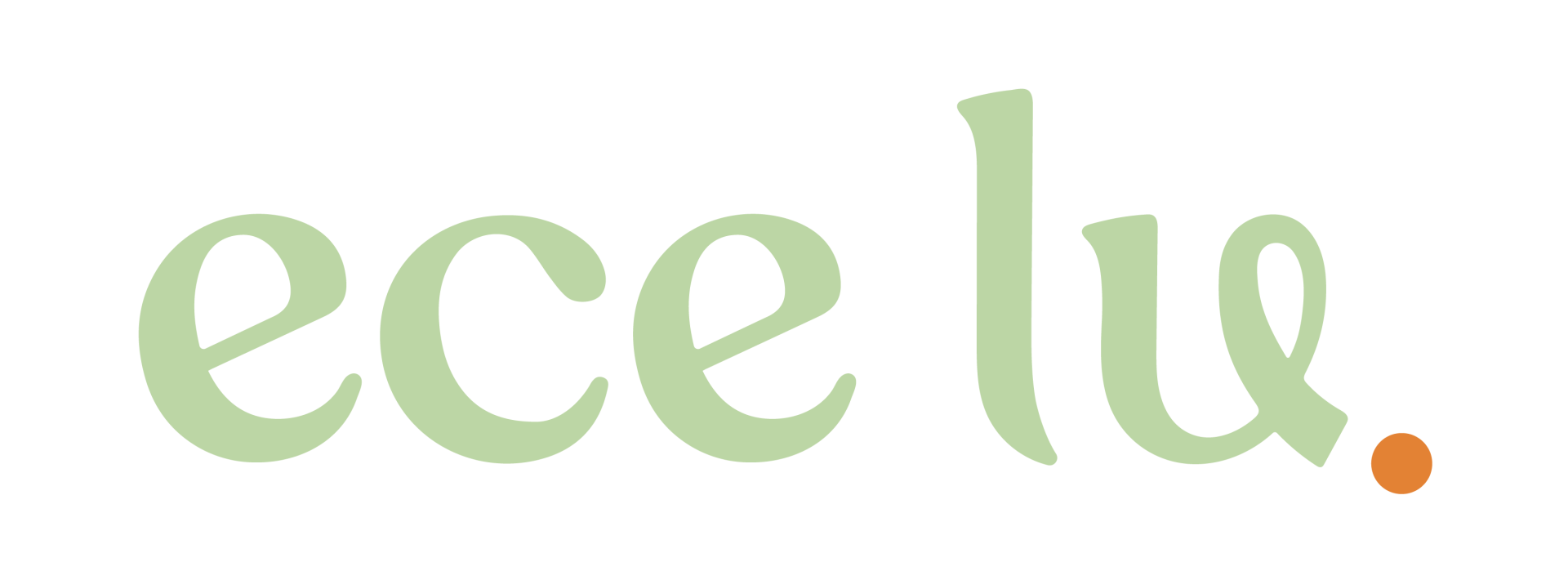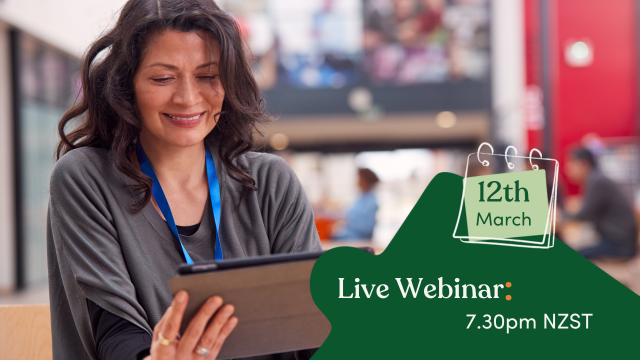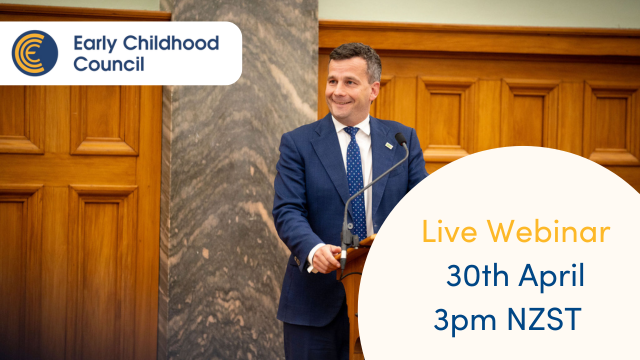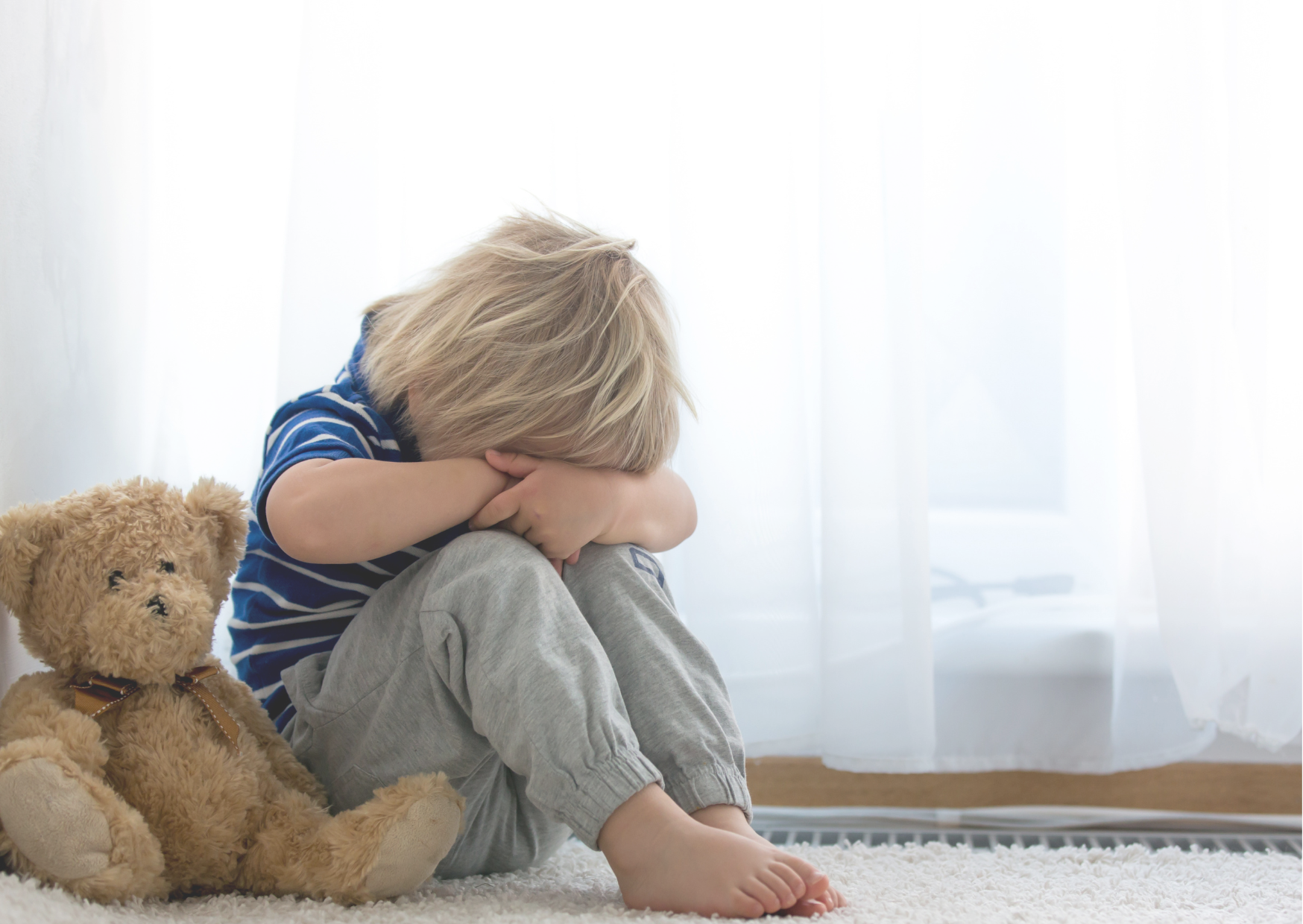
In their early years, young children are still developing the skills, resilience, and strategies for coping with life’s ups and downs. I like to remind parents that young children are in an apprenticeship - they are still learning (so many things!) and need a LOT of practice, guidance, and loving support to work stuff out.
How liberating it must feel to be so free in expressing emotions I say.
- Remember that children’s feelings are just as legitimate as yours. Despite your instinct to say any of these things “You’re ok.” “That didn’t hurt.” “What are you crying about now?!” etc etc. Stop and think about how you might feel if someone you loved said these things to you when you felt hurt or sad?
- Instead, demonstrate empathy (as much as you can authentically but not sarcastically muster). “Ouch that must have hurt!” “Tell me what has upset you?” Remember this young apprentice is watching your every move. How you empathise with them will be how they treat others. Your child is learning not only WHAT to do when someone is upset, but how to BE with others. I sure know I would prefer to experience the next generation as kind and empathetic.
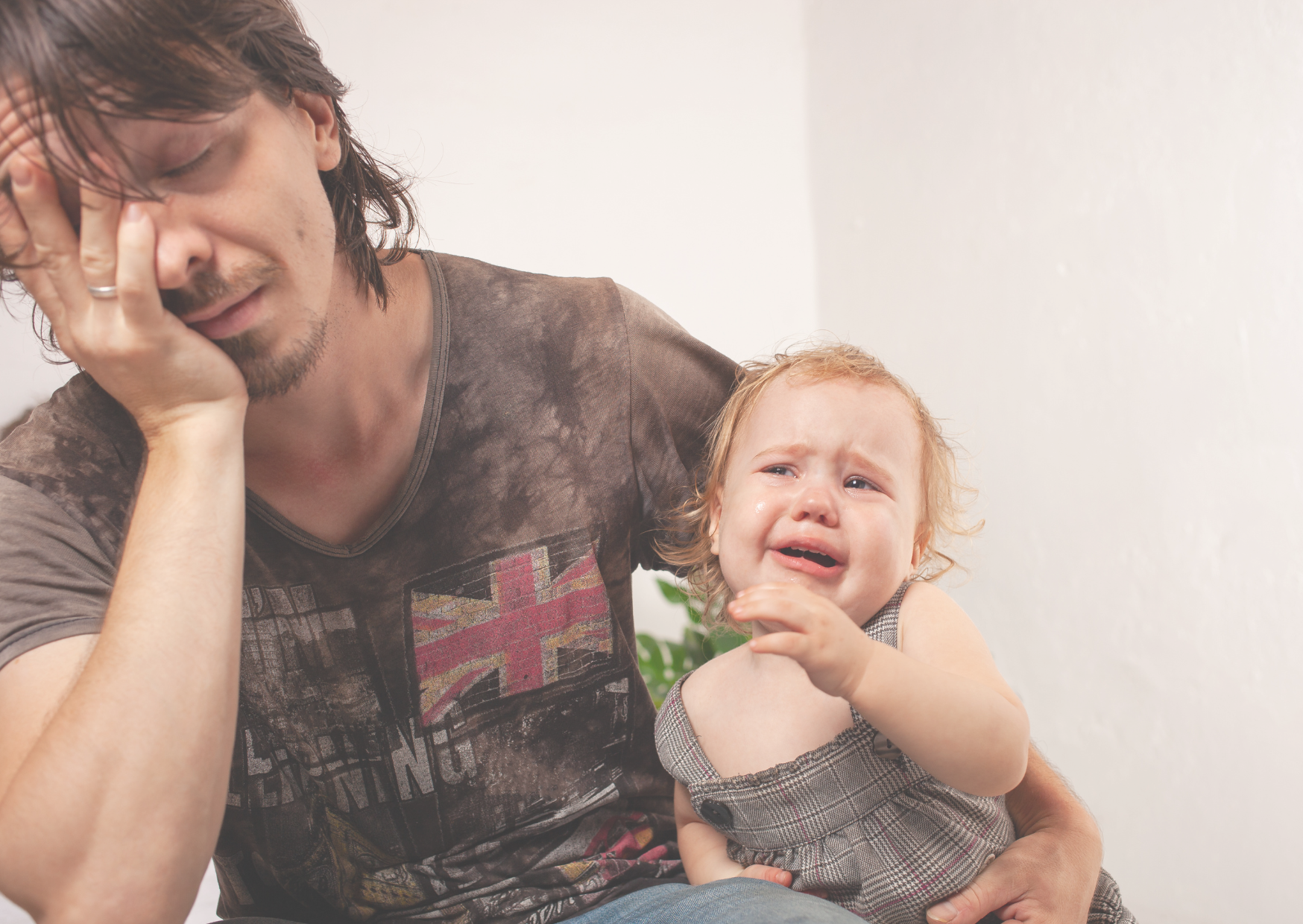
Try not to do things that teach your child to squash or hide their feelings, or things that teach your child unhealthy ways to self-regulate. By this, I mean:
Threats: “If you don’t stop crying I am going to take your favorite dinosaur away!” The message: If I show my true feelings I am going to lose things that are important to me/get in trouble.
What can you do when your child cries for the umpteenth time?
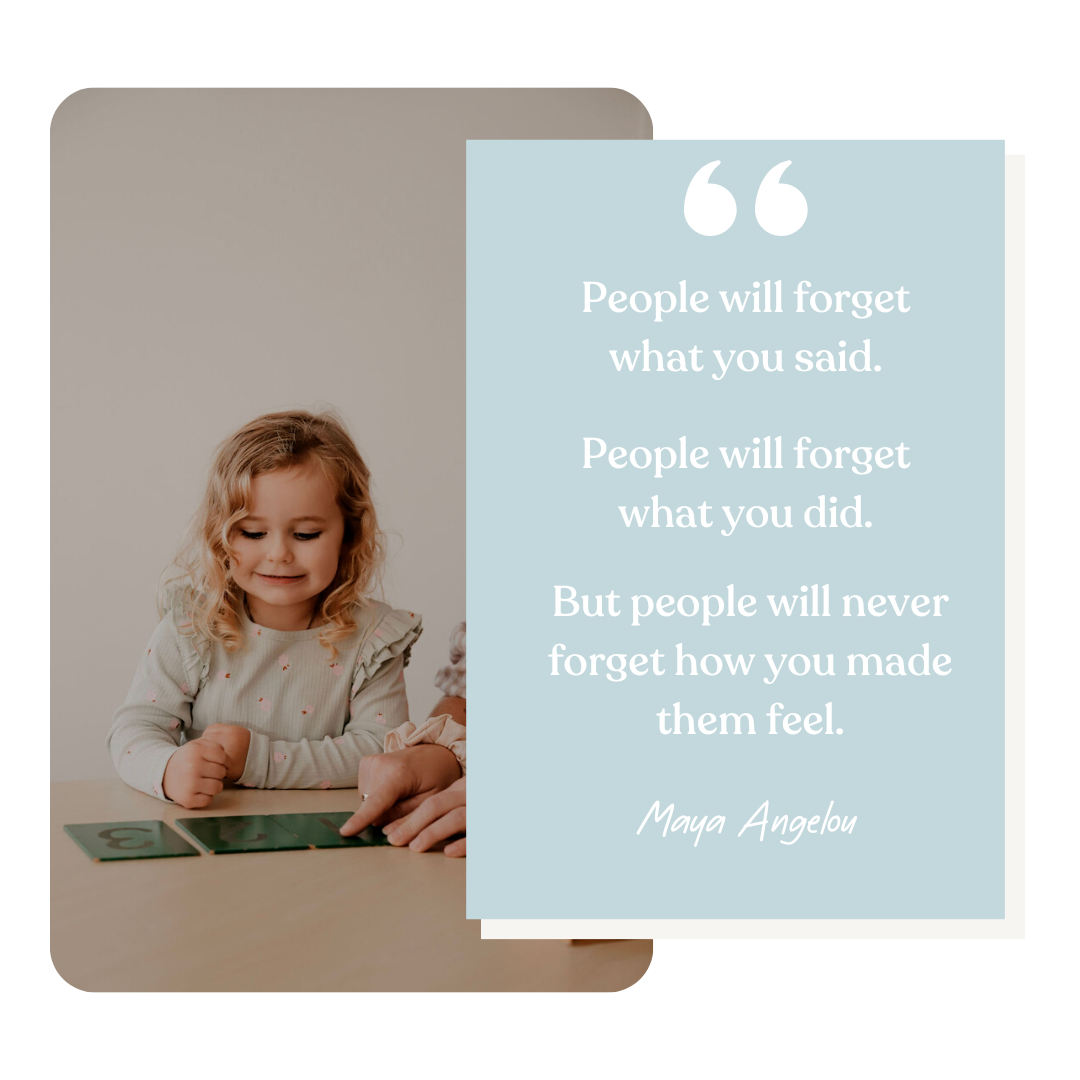
My favorite quote of all time from Maya Angelou resonates so well here;
Say very little.
Sometimes just eyeballing your child with empathetic eyes can give them the energy they need to self-regulate through this moment. Empathic eyes can be used from across a room, in an airplane or any of those places where talking is not really appropriate. Practice your empathetic eyes on your partner and see what happens.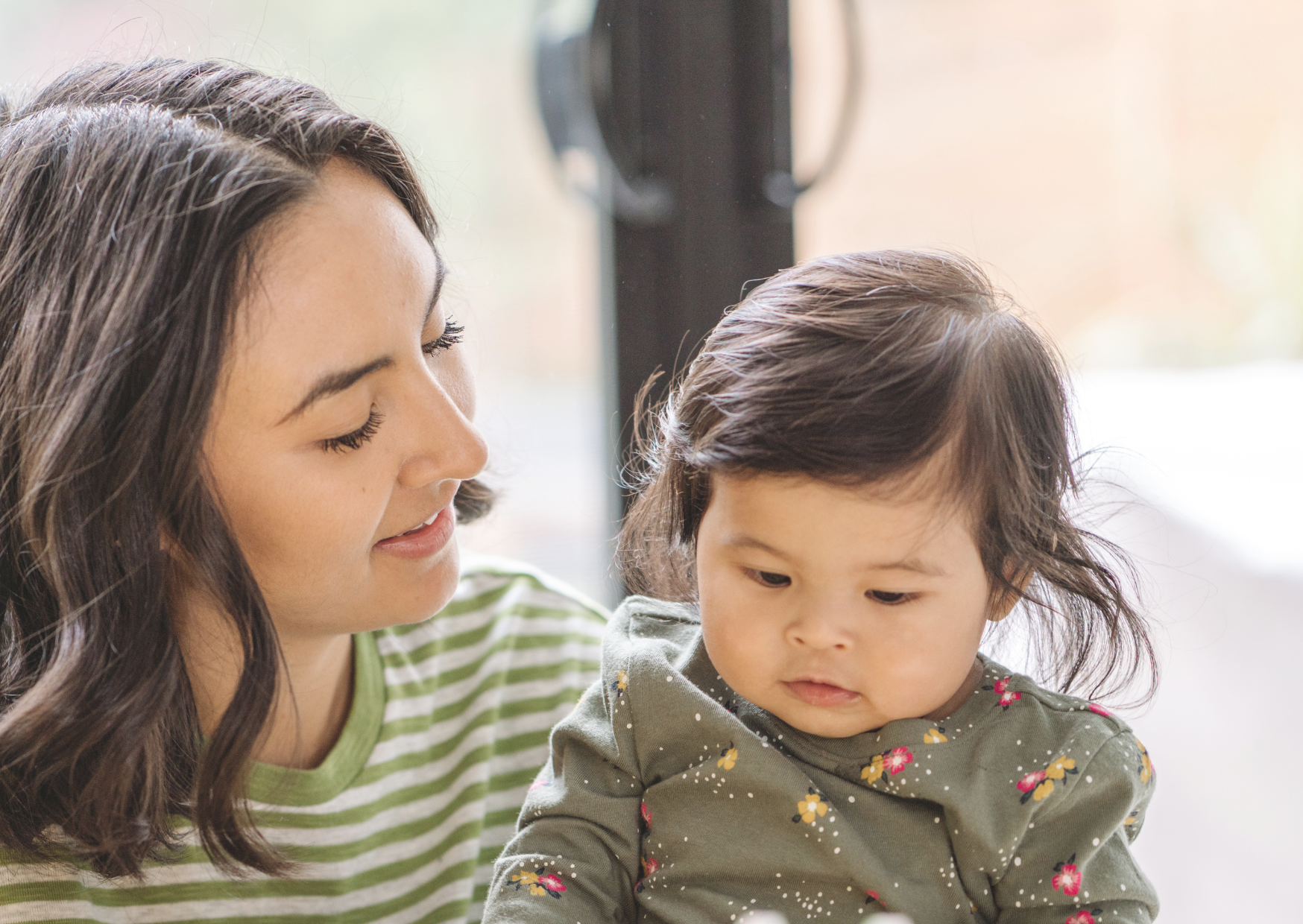
Magda Gerber taught us this useful rule of thumb
“Give 100% attention, 50% of the time.”
Don’t get me wrong, I am not for one minute suggesting that you turn into mother Teresa. ALL parents are human, and NO parents will ever get this stuff right all of the time. If you are able to support your child’s emotional development as much as you support their ABCs, you are increasing the odds that your young human is going to grow into a bigger human who is not a raging hot mess, who can weather sadness and pain, handle disappointment and who is a generally nice person for others to share the world with.
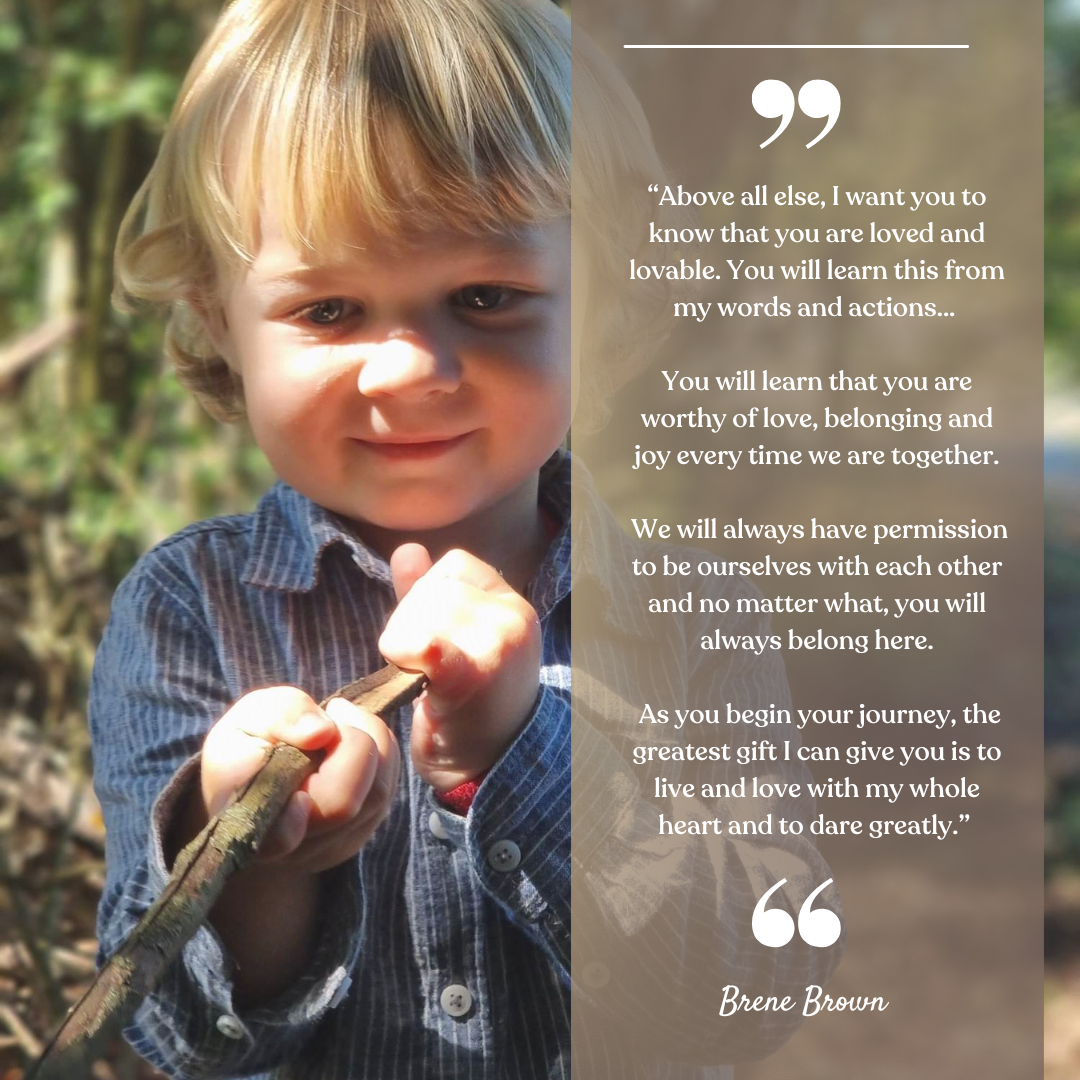
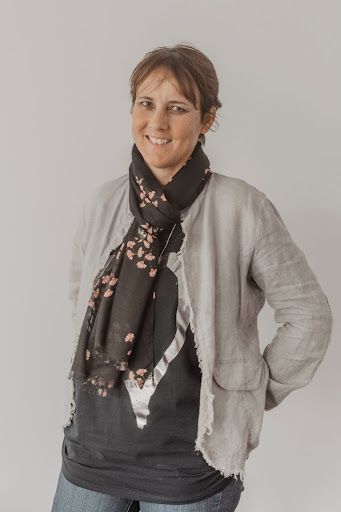
Angela Bush
Share your thoughts...

